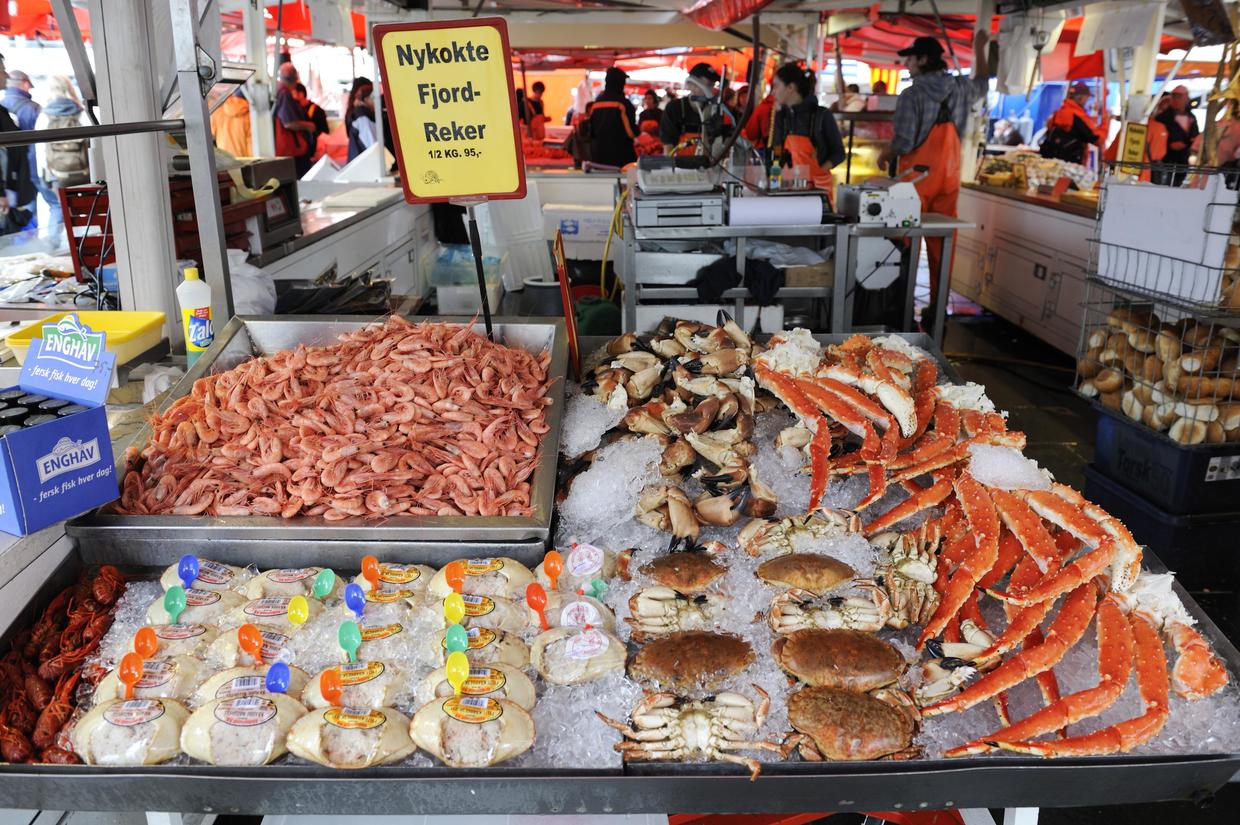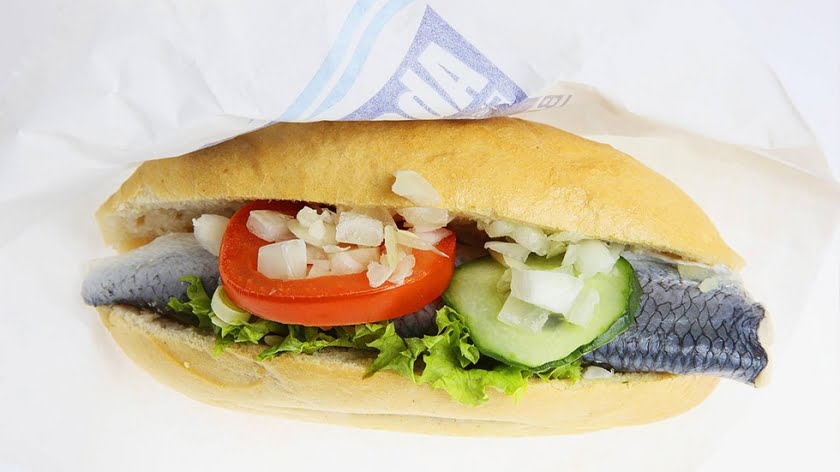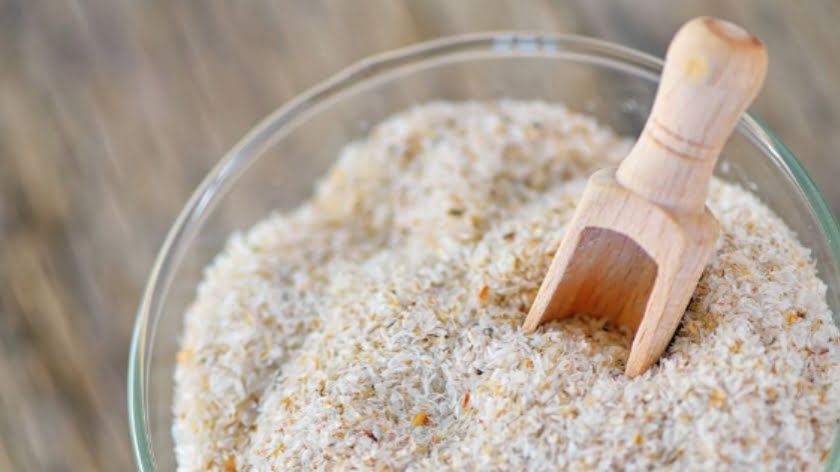The Rise of ‘Seaganism’: As Another Diet Fad Enters the Market So Does Food Propaganda
While the news landscape might be a noisy hybrid of information war and geopolitics, the dairy, seafood and meat industries are wanting to make a point about misinformation too.
It seems every month a new diet is preached to us on television and in glossy magazines; the latest fad to get us all thinner and fitter while saving the world. The list is getting long. We now have lacto-vegetarians, flexitarians, keto diets, ovo-vegetarians, fruitarians, paleo lovers, freegans, vegans, vegetarians, pescatarians and many others. Exhausting.
But hold everything there. According to the new Waitrose Food & Drink report (a swanky supermarket in the UK) a new diet rising in popularity is “seaganism.” No, this is not when you can “eat everything you see”, rather than consuming a plant-based vegan diet and having the odd cheating fish dish to get a boost of omega 3.
Perhaps seaganism is a good thing? According to ourworldindata.org, a quarter of greenhouse gas emissions come from food, and more than half of those emissions originate from animal products. Better to eat fish than a hamburger it seems. Right?
Go deeper into these one-sided magazine articles and internet diet pages, however, and there seems something fishy going on. The ethical brigade might need to take a closer look.
A vegan-meets-seafood diet like this might lower risk of heart disease and reduced inflammation, as fatty seafood contains vitamin D and beneficial omega-3 fatty acids… but both wild fishing and aquaculture farming result in a notable carbon footprint, greenhouse gas emissions. Consumer-led overfishing and bycatch are both serious problems in the fishing industries. Not to mention you’re still eating animal product.
This also brings up the whole issue of the anti-red meat agenda. A 2018 report by British company Compare the Market Ltd. found that the UK’s vegan population has increased by 600 percent since 2016. But is being a vegan actually healthier and better for the planet? A study by the University of Oxford might have concluded last month that healthy diets are best for the environment, but tell that poor Peruvians and Bolivians, who can no longer afford quinoa, due to western demand for their staple grain raising its price beyond their reach.
The meat industry wants to fight back. This autumn, Quality Meat Scotland launched their“Meat with Integrity” campaign to counter vegan propaganda. Highland farmers argue that the public is being told the wrong information.
With both meat-eaters, vegans and now “seagans” critical of scaremongering claims, the public is confused. Charities and activists want to separate fact from fiction, while realising that the misinformation about what we eat seems to work both ways.

Vegans are not always right and meat can be healthy. In other words, eating locally sourced meat is better for the environment and carbon footprint than eating avocados from South America or cashew nuts from India.
The truth is, that vegan foods on our shelves can be far from natural, highly industrialized, highly manufactured, often owned by huge multi-national companies and… as demand goes up, rainforests are destroyed. So perhaps in that case, eating locally sourced fish or meat as we have done for thousands of years, is stable and sustainable – as long as it’s done in proportion. Maybe it’s best we all grow our own food in our back gardens and balconies.
With many wanting to live a greener life, caring about animal welfare or wanting to lower carbon footprint going, green is gathering steam – but it’s important we get our information correct. But in this mass media madness and mixed-up world of information war, that might be somewhat difficult. In spite of all the wrong information out there, seaganism and new fads aside, it’s healthy to question not only what we eat, but also how it gets to our table.
By Martyn Andrews
Source: RT







